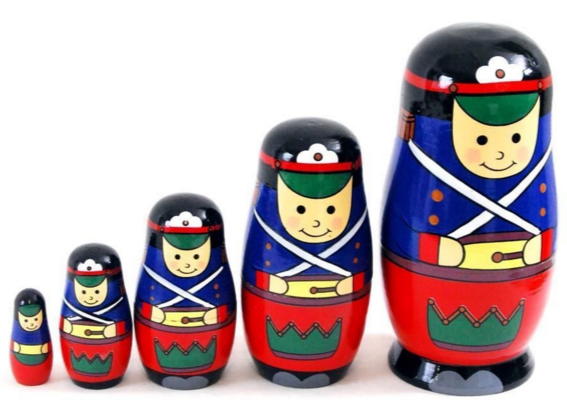
Extending multiplication to larger numbers

When we looked at the 10 times tables, we discussed how important place value is because each column in the place value table is $10$10 times larger than the previous one.
$10$10 units make a ten, $10$10 tens make a hundred, $10$10 hundreds make a thousand and so on.
Let's build on that knowledge and discuss how we can use it to multiply larger numbers.
What is $6\times7$6×7?
As we know our multiplication fact of $6\times7$6×7 is $42$42.
We can use this to answer questions like $6\times70$6×70, or $6\times700$6×700 or even $60\times70$60×70.
Let's see how.
$6\times70$6×70
$6\times70$6×70 is the same as $6\times\left(7\times10\right)$6×(7×10) which we can write as $6\times7\times10$6×7×10
As multiplication is commutative, we can complete this multiplication in any order we like, so as we know $6\times7$6×7 is $42$42, then the final multiplication is by $10$10 which is a final easy step.
$6\times7\times10=42\times10=420$6×7×10=42×10=420
$6\times700$6×700
The same process can be applied to $6\times700.$6×700.
| Rewrite (or imagine) | $6\times700$6×700 | $=$= | $6\times7\times100$6×7×100 |
| Do the $6\times7$6×7 component | $=$= | $42\times100$42×100 | |
| Then the multiplication of $100$100 | $=$= | $4200$4200 |
$60\times70$60×70
| Rewrite (or imagine) | $60\times70$60×70 | $=$= | $6\times10\times7\times10$6×10×7×10 |
| Regroup the multiplication by $10$10's | $=$= | $6\times7\times100$6×7×100 | |
| Do the $6\times7$6×7 component | $=$= | $42\times100$42×100 | |
| Complete the multiplication | $=$= | $4200$4200 |
Worked Examples
Question 1
If $2\times8=16$2×8=16, what is $20\times8$20×8?
Question 2
Using your knowledge of place value, solve these related number facts.
$3\times12$3×12=
$30\times120$30×120=
Question 3
Using your knowledge of place value, solve these related number facts.
$2\times18$2×18=
$20\times18$20×18=
$2\times180$2×180=
$20\times180$20×180=